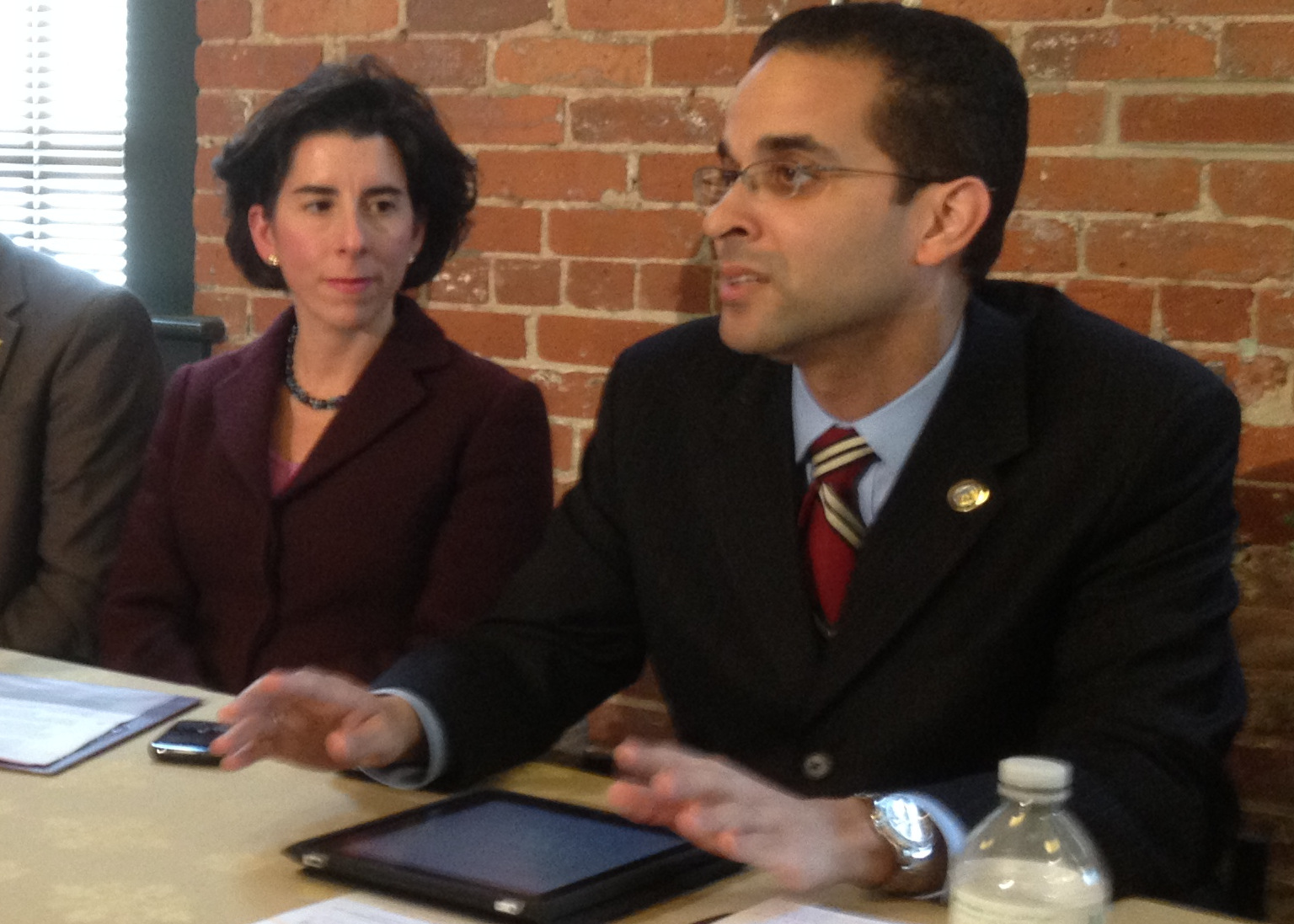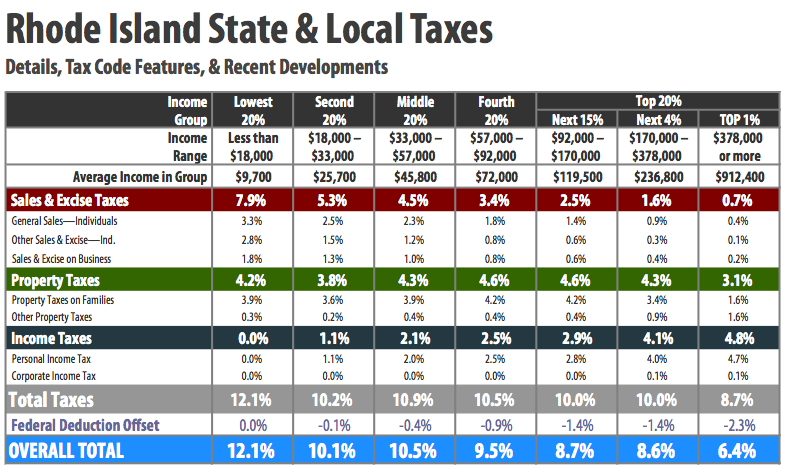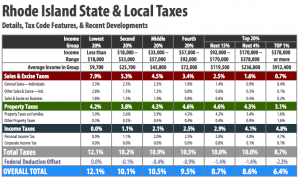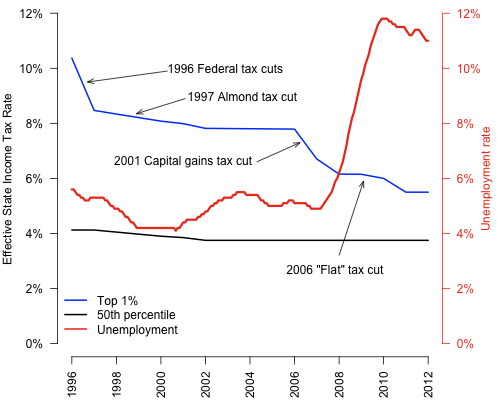 With the House of Representatives bringing in its “neutral” expert on defaulting on the 38 Studios moral obligation bonds, the lingering question to me still remains. Why is it alright to unilaterally bail out on our pension obligations to state employees, but our “moral” obligations to bondholders who knew the risks must be honored at all costs?
With the House of Representatives bringing in its “neutral” expert on defaulting on the 38 Studios moral obligation bonds, the lingering question to me still remains. Why is it alright to unilaterally bail out on our pension obligations to state employees, but our “moral” obligations to bondholders who knew the risks must be honored at all costs?
That was the question posed to Gov. Lincoln Chafee a month ago by columnist (writing then for Bloomberg View) Josh Barro.* Chafee’s never answered that fundamental question, and Barro rightly excoriated the Governor for claiming to call for moderation when in fact he called for a more radical version of pension reform than what was enacted.
Discovering the answer to the question (why can we ignore pensioners but not bondholders) is not where the conversation around the interview with Chafee went, of course; WPRI’s Ted Nesi discussed it before turning instead to the idea of moral obligation bonds as essentially general obligation bonds. And ultimately, Reuter’s Felix Salmon jumped in with a bit of commentary that completely lost Barro’s thread, instead laughably painting Chafee as Machiavellian in his approach to bonds.
But the question still remains; why are we valuing capital more than labor here? These pensioners did their duty for the State, whether it was operating its government, hunting down its criminals, taking care of its people, or any of the other thousands of little things state employees do. In exchange, beyond the wages it paid them, the State promised as well to ensure they could take care of themselves in their retirement. Then, when it was unwilling to pay for it, the State reneged on this promise; now it’s facing a lawsuit.
The bondholders, on the other hand, provided the capital used to pay for 38 Studios, a game company that spent poorly, was bad at managing its money, failed to produce a profit, and ultimately left the State with a massive financial hole. The State is promising to pay them their money back, with interest.
The pensioners provided actual value to the State, the bondholders did not. A question for 2014 for any elected official that suggests we should pay back the 38 Studios bonds but voted for pension reform is to explain how the bonds are more valuable than our state workers’ labor.
The simple political reality is that bondholders have simply always been more powerful and dominant in state economic policy than its workers; going back at least to the era immediately following the Revolutionary War (a sobering thought as we approach Gaspee Days). Even though paying back the bonds will pull money out of Rhode Island’s economy, the bondholders will suggest that they can cost the State even more money by damaging its credit ratings. Sadly, these credit ratings are put out by the same agencies that said that subprime mortgages were a top-tier investment… leading to the collapse in the economy five years ago.
Ultimately, because it’s far easier to tabulate the value of capital rather than services rendered over a worker’s career, our credit ratings aren’t hurt when we spurn our obligations to pensioners. There’s no doubt in my mind that we’re in the society that Ta-Nehisi Coates quotes Chris Hayes as suggesting we’re in, one “that applies the principle of accountability to the powerless and the principle of forgiveness to the powerful.”
P.S. It’s also worth noting the words we use to describe the two situations; we’re “defaulting” on our bonds, but merely “reforming” our pensions. Maybe people against paying back the 38 Studios bonds should use the phrase “bond reform.”
And for more on this topic, see RI Future posts by Mike McDonald (Gina’s moral obligation Wall St not RI, April 7) and Bob Walsh (Pension lawsuit primer, June 26, ’12)
*CORRECTION: An earlier version of this post referred to the “conservative columnist Josh Barro”. Today, Barro declared he’s not a conservative, and is currently a “neoliberal”.
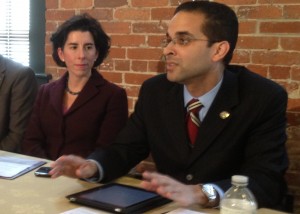 I agree with Sam Howard who suggests there isn’t a giant gap in the policy priorites of Angel Taveras and Gina Raimondo, but I don’t think that means there would be many other similarities in how each would governor Rhode Island.
I agree with Sam Howard who suggests there isn’t a giant gap in the policy priorites of Angel Taveras and Gina Raimondo, but I don’t think that means there would be many other similarities in how each would governor Rhode Island.
